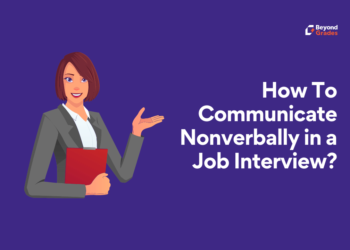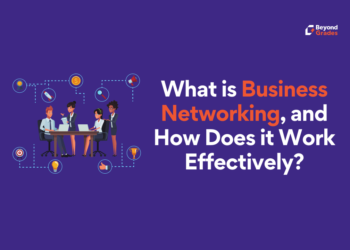[ad_1]
The short answer to the below questions is their effective skills of communication and rhetoric that they have honed for years to be pioneers in their respective fields. Ideas are universal and not exclusive to any sect, but only leaders can express them to others and leverage them for collective benefit and it is up to you to choose your career path.
The very best entrepreneurs, suave influencers, and dynamic politicians populate the upper strata of our societal hierarchy, becoming de facto monarchs of a free world. But what is the one trait they all show in abundance? What makes them stand their collective ground at the very top of the success pyramid?
According to leading job and networking website LinkedIn, soft skills are the traits that major organizations look for in their applicants with traits like collaboration and persuasion ranking the highest among desirable attributes, even higher than technical skills such as analytical expertise and overall productivity. This sets down a marker for the viability of communicational skills in the job market, but it is a skill that can improve not just your professional but interpersonal relationships.

We shall now look into some methods that can help you develop and hone your communication skills.
– Start with improving your Listening Skills.
Any expert on communication and interpersonal relationships can tell you the importance of listening over the course of a meaningful conversation. It is also basic psychology to know that people want to be heard and find a sense of fulfillment in a conversation. An effective communicator knows how to employ this skill to their advantage by being an avid listener and knowing how to take the conversation forward organically.
It is also important to let the other person know that they have your undivided attention. Good listeners are also the ones who do not formulate opinions while they listen, often just allowing the speaker to be at ease with the situation at hand. Listening is also the perfect way to provide thoughtful answers and empathize with the speaker, always the right gateway into effective communication.
– Body language should not be underestimated.
It is imperative for a good communicator to express themselves using verbal as well as non-verbal methods. Your audience should always find you accessible all the while respecting your command over the situation. To achieve this, it is crucial that you work on an open body language and stance while keeping eye contact.
Your confidence and skill in preparation should actively reflect in the way you communicate, meaning the majority of what you want to communicate should be through these physical cues, thus effectively making your audience resonate with your ideas.
– Be Spontaneous in your presentation.
Although a certain degree of preparation is crucial to help you effectively start with a big presentation there should always be space for improvisation. There are seldom things that hold an audience as effectively as showmanship and this should be som3thing always in your repertoire as a communicator.
Pointers and valid points should be backed by anecdotes, experiences and improvisation relevant to the topic at hand, helping you control as well as intrigue your audience.
– Use a well-thought-out framework to base your presentation on.
As stated earlier, it is important that you have a clear and precise idea in your head regarding the subject you want to present. A popular framework or method that many experienced campaigners resort to so as to get their point across is the Purpose Importance and Preview or PIP method to start off with the presentation.
Adhering to this, the speaker will first state the purpose of the presentation, its significance in the workplace or relevant environment and will round it off with a preview of topics to be discussed. Using such a method gets the audience primed and ready for your presentation.
– Develop a filter.
Effective communication can only happen once you can put aside any bias or subjectivity while being objective in your outlook. A professional knows how to modulate as well as express their emotions to their audience based on contextual cues. A high emotional intelligence quotient is very desirable for a communicator, helping you act accordingly in different situations.
Developing a filter also helps to maintain professional decorum and avoid conflict in the workplace. In conclusion, we surmise the importance of effective communication in a leader and how it is central to success. Unlike most skills, communication can be inculcated through various ways in an individual, thus making it a requisite for any leadership role.
[ad_2]
Source link









